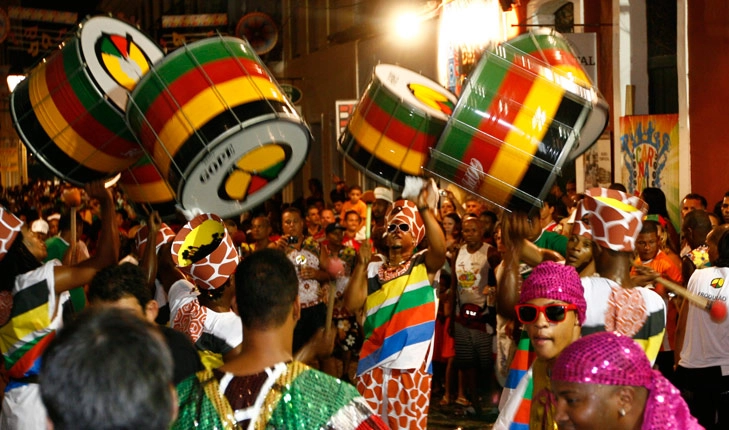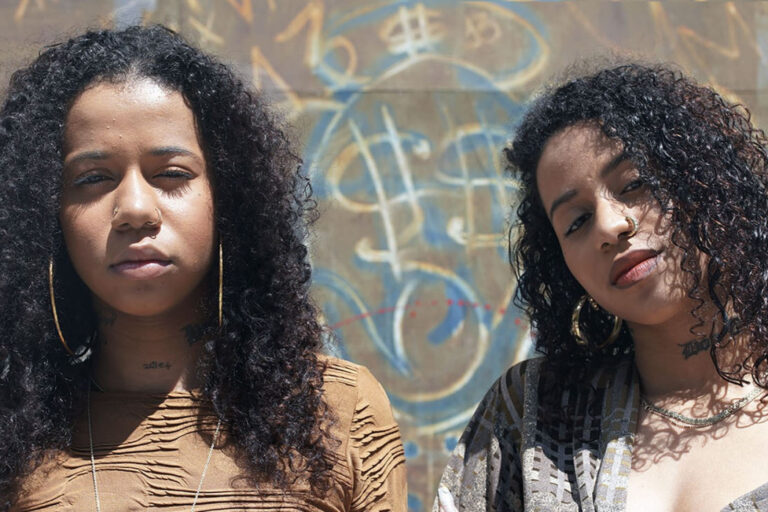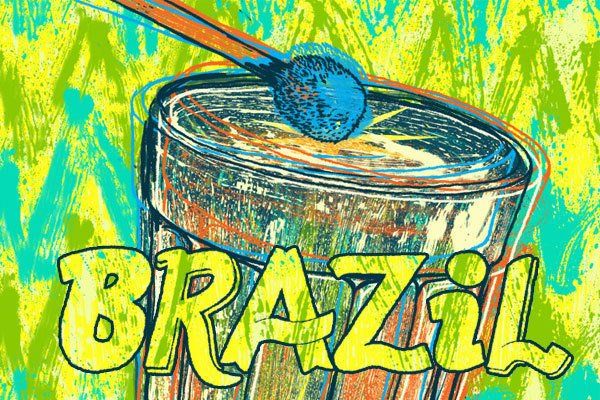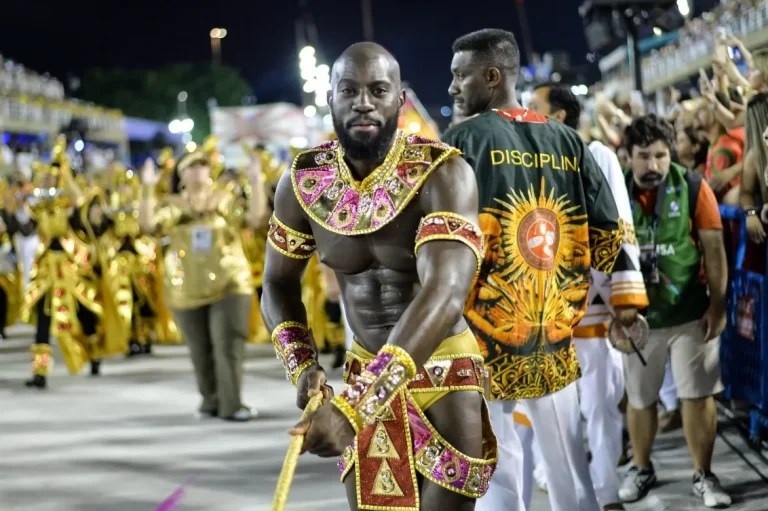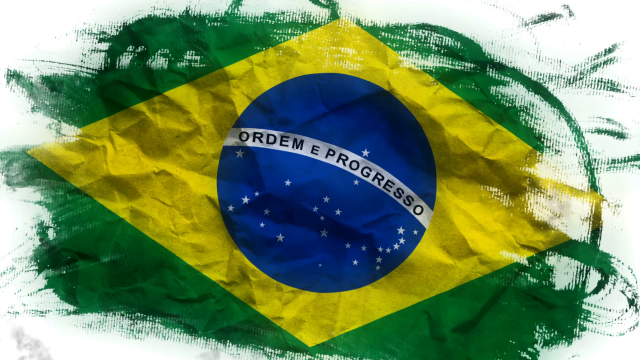
Brazil’s music is not just sound—it’s soul, struggle, and celebration. Long before hip hop took root in Rio’s favelas or São Paulo’s streets, Brazil was already drumming its identity through samba, frevo, and forró. Today, these traditional rhythms continue to echo in modern Brazilian hip hop, creating a unique sound that blends ancestral power with street wisdom.
The Beat Started Long Ago
Brazilian music is a mix of three powerful cultures: African, Indigenous, and European. The African influence is especially strong, brought by enslaved people who preserved their heritage through rhythm. From this foundation, genres like lundu, samba, and choro were born—each carrying deep emotion, movement, and resistance.
Samba, born in the early 20th century, was more than just dance music—it was protest in disguise. When the government oppressed Afro-Brazilian culture, samba kept it alive in the alleys of Rio. In many ways, it was Brazil’s original street music—raw, real, and rebellious.
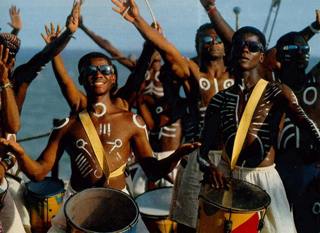
Hip Hop Arrives with a Brazilian Twist
By the 1980s, global hip hop culture reached Brazil. But instead of copying the American style, Brazil made it local. Funk Carioca exploded out of Rio’s favelas, inspired by Miami bass but fused with Brazil’s own percussive roots. At the same time, rappers began telling their own stories—about poverty, police violence, racism, and hope.
Artists like Racionais MC’s in São Paulo and MV Bill in Rio became voices of the voiceless, using music as resistance. They laid the foundation for today’s trap-funk, baile funk, and Afro-trap scenes that dominate clubs and social media alike.
Where Old Meets New
What makes Brazilian hip hop so unique is how it blends past and present. You’ll hear samba samples under drill beats, or lyrics that name-drop classic poets like Vinícius de Moraes in the same breath as Biggie. It’s not just about bars—it’s about bridging eras.
Today’s young artists are remixing Brazilian identity. Think Karol Conká, Emicida, or BK’—they flow with style, but never forget their roots. Whether performing on favela rooftops or global stages, they carry the sound of Brazil’s streets with pride.
The Future Is Fusion
Brazilian hip hop is still evolving. From underground cyphers in Recife to viral TikToks from Salvador, the new generation is unafraid to experiment. They borrow from forró, axé, bossa nova, even MPB, creating a sound that is 100% brasileiro and 100% now.\\\\\

And just like samba once rose from resistance, hip hop in Brazil is not just music—it’s movement.
HiphopBrazil is your space to discover, celebrate, and elevate the voices shaping Brazil’s beats. Follow us for more features, interviews, and stories from the underground to the mainstream.

